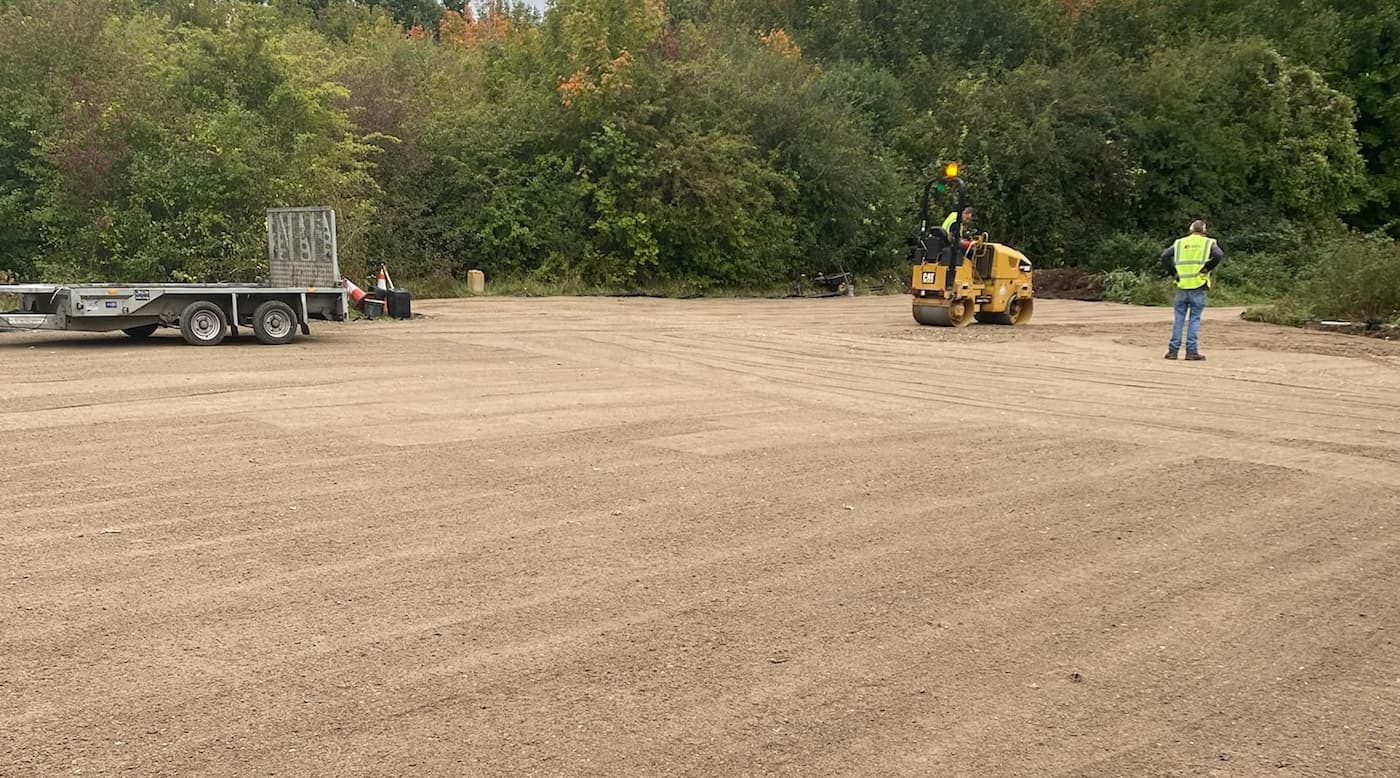5 Essential Steps to Take Before Resurfacing a Commercial Car Park
April 05, 2025 Car Park Surfacing 4 min read

When it comes to commercial car park resurfacing, preparation is key. Whether you’re dealing with cracks, potholes, or faded markings, a well-planned approach ensures long-lasting results and minimises disruptions. Here, we’ll outline five essential steps to take before starting your car park resurfacing project.
1. Conduct a Thorough Site Assessment
The first step is to evaluate the current condition of your car park. Examine the surface for cracks, potholes, and drainage issues. Look out for signs of wear like pooled water, faded markings, or areas that sink under pressure. Identifying these issues early helps you address them during the resurfacing process.
A detailed inspection will determine whether minor repairs are sufficient or if a full resurfacing project is necessary. If you’re unsure about the severity of the damage, consulting with professionals can provide clarity. Learn more about car park surfacing options to identify the best solution for your needs.
2. Plan for Drainage Improvements
Effective drainage is crucial for maintaining the integrity of your car park. Poor drainage can lead to water pooling, which accelerates surface damage. Before resurfacing, assess the existing drainage system and make adjustments as needed.
This may involve installing additional drains, reshaping the surface for proper water flow, or repairing existing drainage structures. Neglecting this step can lead to premature wear of your freshly resurfaced area.
Proper sloping, known as grading, ensures water flows away from the parking area instead of accumulating. A well-drained surface not only lasts longer but also improves safety by reducing the risk of puddles and ice formation during colder months.
3. Address Sub-Surface Issues
Resurfacing a commercial car park without addressing sub-surface problems is like painting over rust—it might look good initially, but the underlying damage will resurface. Check for base layer issues like sinking areas or underlying voids.
The strength of your car park relies on a solid foundation. Weak spots under the surface can cause premature cracking or potholes even after resurfacing. By repairing these issues beforehand, you create a sturdy base that supports the new asphalt layer effectively.
4. Choose the Right Resurfacing Materials
The choice of materials has a major impact on the durability and appearance of your car park. Whether you’re opting for asphalt, concrete, or another material, ensure it meets the demands of heavy vehicle traffic and harsh weather conditions.
Asphalt is a popular choice for commercial car park resurfacing due to its flexibility, cost-effectiveness, and quick installation time. However, the type of material used should be tailored to your specific site conditions and usage patterns.
Your contractor should also discuss seal coating options. Seal coating protects your car park from UV damage, chemicals, and moisture, extending its lifespan significantly.
5. Plan for Minimal Disruption
Resurfacing a commercial car park often involves temporarily closing access. To avoid inconveniencing your customers or employees, plan the project during off-peak hours or slower business periods.
Communicate with stakeholders, including employees, tenants, and visitors, about the resurfacing schedule. Arrange alternative parking options if possible and use clear signage to redirect traffic. Effective planning minimizes downtime and helps the project run smoothly.
Consulting with an experienced contractor who specialises in car park resurfacing can also speed up the process and ensure professional results.
Conclusion
Taking these five steps before resurfacing a car park ensures you’re making a smart investment. From conducting an initial assessment to planning for drainage and downtime, each step builds the foundation for a safe, durable, and visually appealing surface.
Full preparation not only prevents costly errors but also maximises the lifespan of your car park. Partnering with experts for your resurfacing needs can provide the precision and expertise required to get the job done right.
Get your free surfacing quote
Let our team of experts handle your surfacing — get a free quote today.